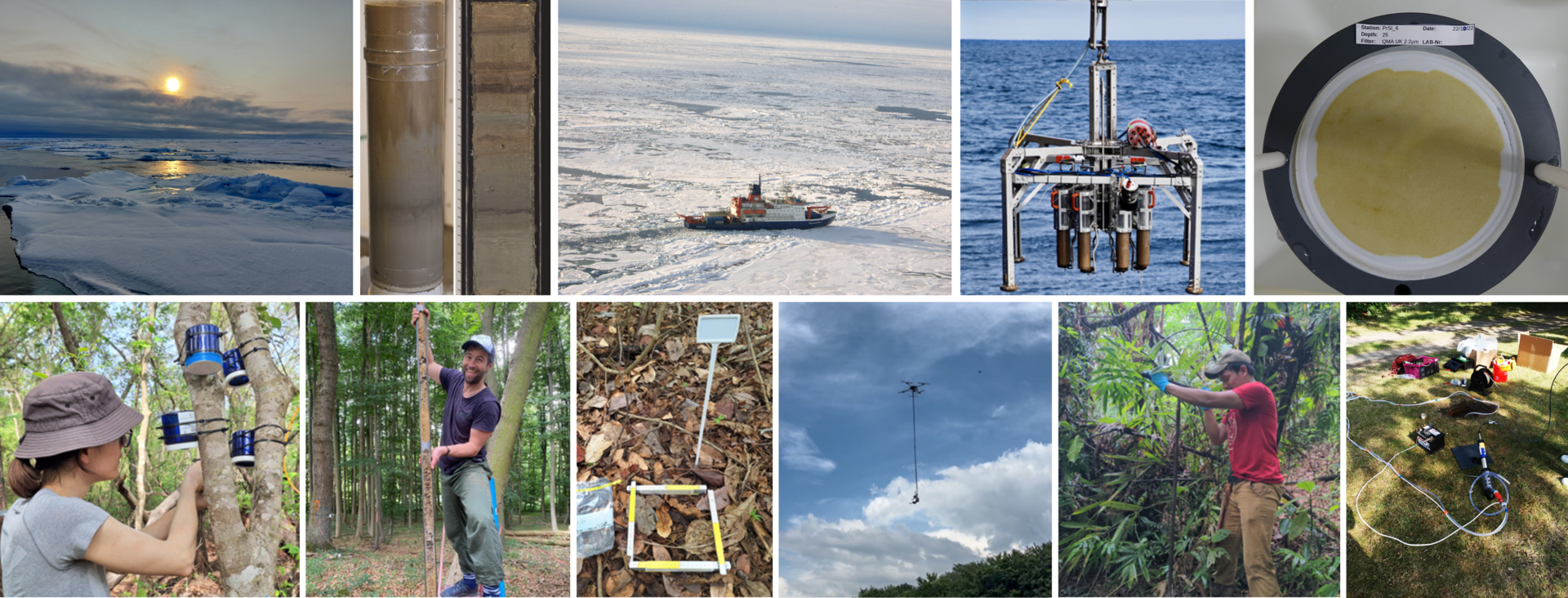
Wir erforschen die biogeochemischen Kreisläufe von Spurenelementen in terrestrischen und marinen Ökosystemen. Ein besonderer Fokus liegt auf der Rekonstruktion vergangener Umweltbedingungen anhand geochemischer Archive wie Sedimenten und Mooren, um die Auswirkungen des Klimawandels auf Stoffkreisläufe besser zu verstehen.
Wir interessieren uns für den Einfluss klimatischer Veränderungen und die Rolle natürlicher organischer Substanz auf den Transport und das Verhalten von Spurenelementen, insbesondere in Waldökosystemen (gemäßigte Breiten und Tropen).
Unsere aktuellen Forschungsprojekte befassen sich mit den Auswirkungen des Klimawandels auf biogeochemische Stoffkreisläufe in terrestrischen und marinen Systemen, der Rolle organischer Substanz beim Transport von Spurenelementen sowie der Bildung und Verbreitung von Methylquecksilber.
Leitung:
Prof. Dr. Harald Biester
+49 (0) 531 391-7240
h.biester@tu-braunschweig.de
Langer Kamp 19C
38106 Braunschweig
We investigate mercury contaminated sites and develop methods to stabilize or remove mercury from polluted soils or groundwater. Our current emphasis is on the species-based development and application of filtering materials for removal of mercury from contaminated groundwater and on species transformation processes which reduce mercury mobility in soils and groundwater.
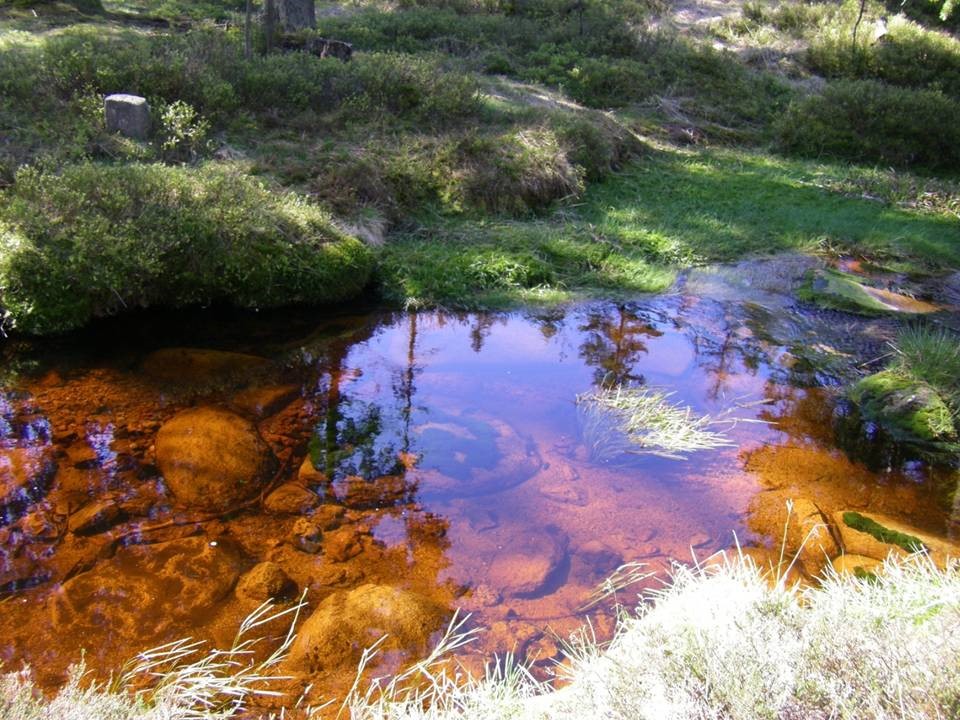
We conduct several projects on the formation of environmental signals based on biogeochemical proxies. We are interested in understanding what geochemical signals indicate and how they are preserved in geo-archives such as peat bogs and lake sediments. We apply multi-element analytical methods including organic matter characterization and multivariate statistics.
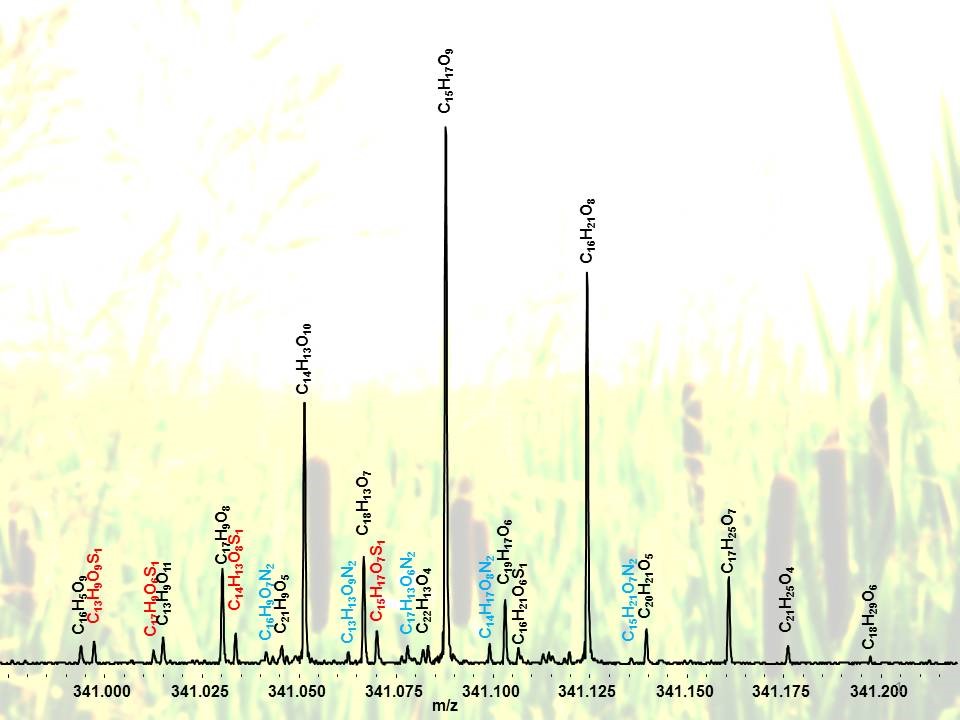
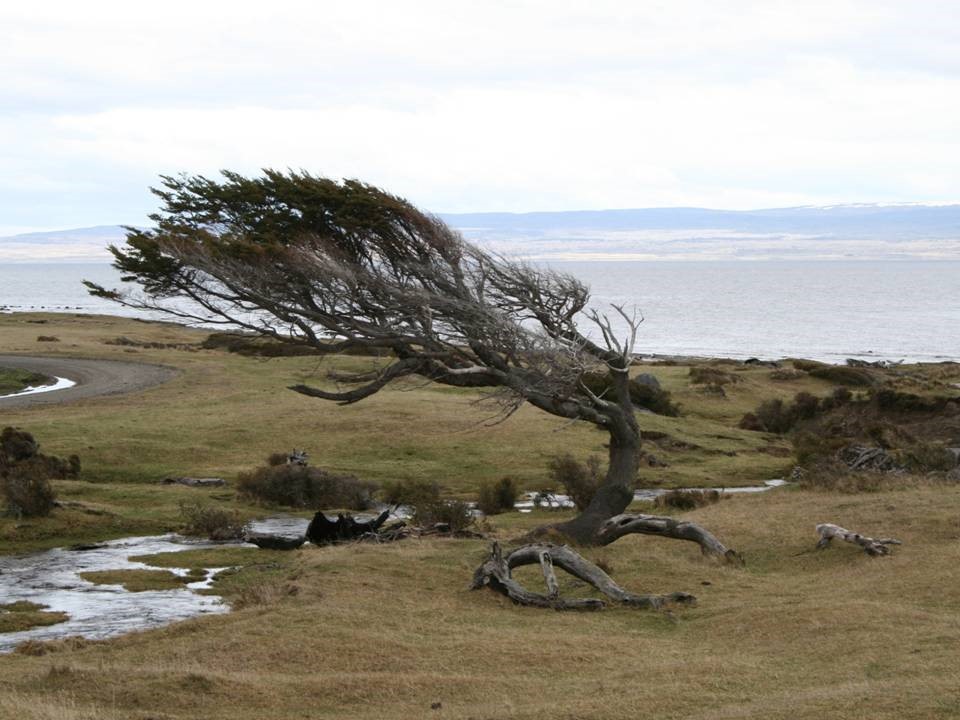
We investigate coupling of trace element and organic matter cycling on a micro- to ecosystem scale. Main emphasis is the understanding of processes of trace element organic matter interactions and their coupling to hydrological and climatic drivers, which both control release of trace element and carbon from soils to aquatic systems. Currently, we study the release of dissolved organic matter associated lead and arsenic from wetlands to drinking water reservoirs.
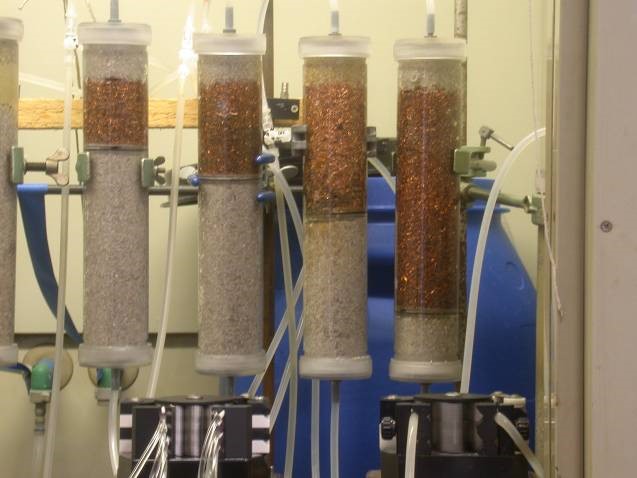
We have developed analytical methods which allow speciation of mercury phases and species in all kinds of solid matter such as soils, sediments, and mining residues. We apply these methods in combination with geochemical modeling to several mercury-contaminated sites worldwide for risk assessment and remediation strategies.